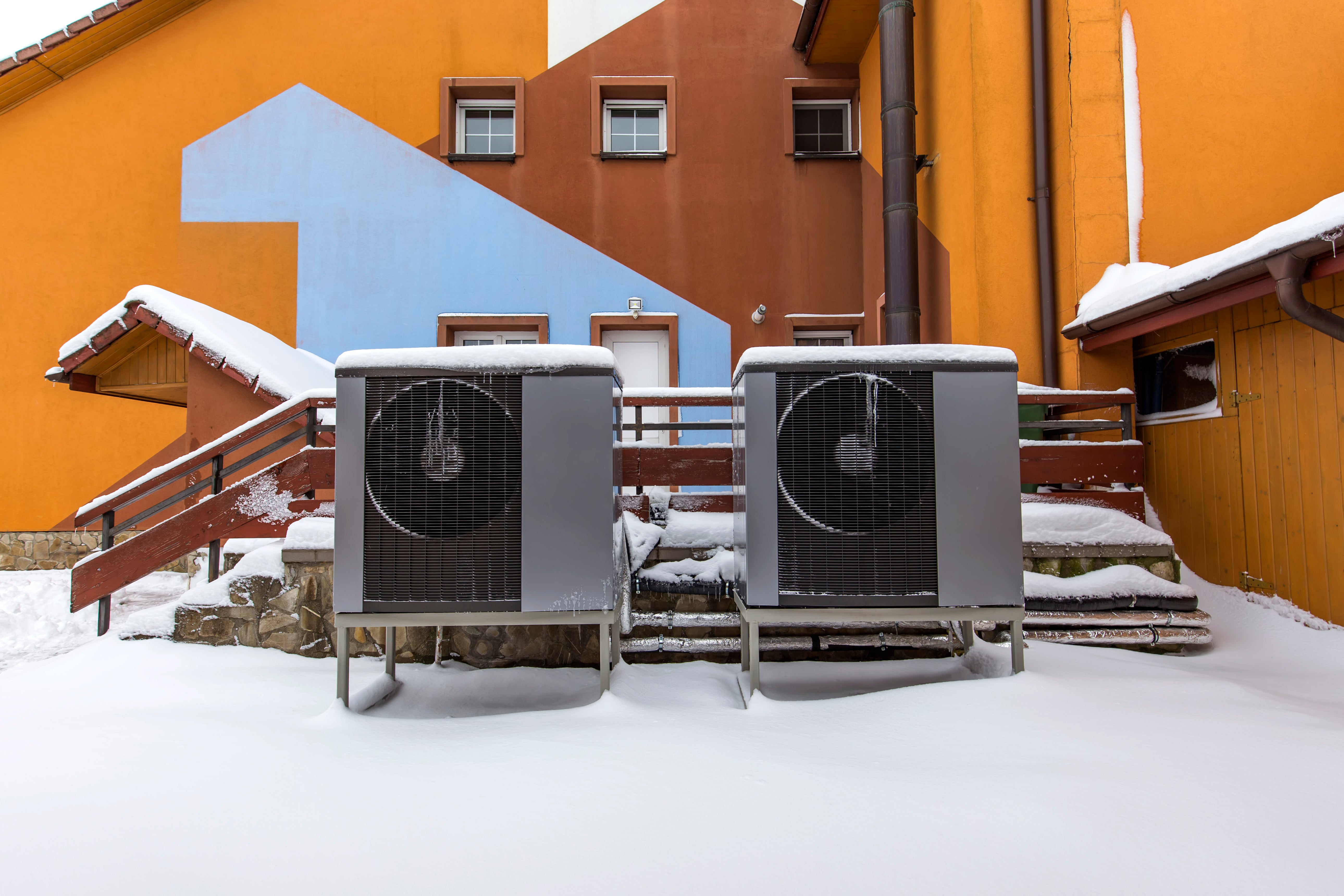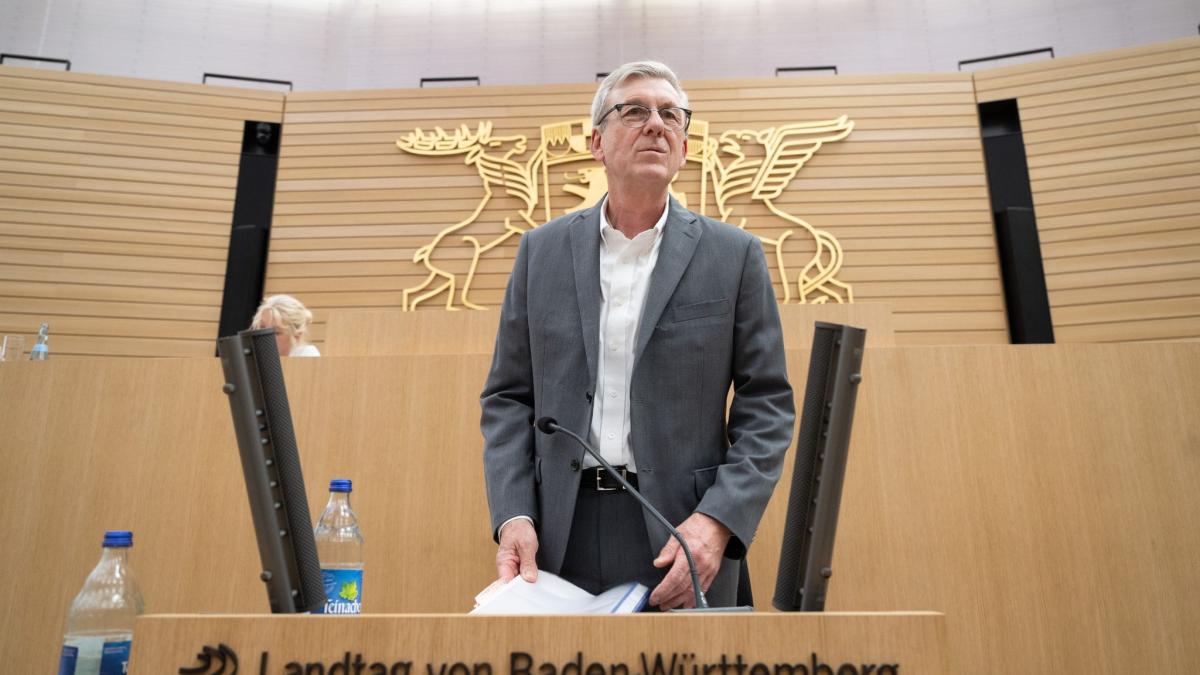The U.S. Is Ignoring the Climate Benefits of Heat Pumps

A new study says the wider use of heat pumps for heating and cooling homes and buildings could sharply reduce global fossil fuel emissions, but the solution has received relatively little policy support from governments, and its advantages are poorly understood by consumers.
The study, led by researchers from Columbia University’s Center on Global Energy Policy, suggests that further innovation with heat pumps combined with regulatory measures such as a carbon tax could eliminate 12% of global greenhouse gas emissions from the heating and cooling sectors.
While policymakers have focused most of their attention on decarbonizing the transportation (29% of global emissions) and the power sectors (28%), the potential payoffs from helping heat pumps become more competitive have received relatively little attention, says the study titled “Decarbonizing Space Heating With Air Source Heat Pumps.”
When powered by “zero carbon electricity,” the study shows how heat pumps can be competitive with natural gas-fired equipment in three U.S. cities with different climates and energy costs. They are Atlanta; San Diego; and Fargo, N.D.
The study focuses on air source heat pumps that extract thermal energy from the outside air, rather than more expensive ground source equipment that extracts it from ground temperatures that tend to be warmer than the outside air. The air source devices are less efficient in cold weather but can be made more efficient by electric resistance heating.
In the typical system, in heating mode, a refrigerant evaporates when it flows through an outside heat exchanger and then releases heat to the indoor heat exchanger as it condenses back to liquid. In the cooling cycle, the process is reversed.
The study says that the U.S. government has no policies promoting heat pump development or use, but that California and several Northeastern states do. While the market share for heat pumps remains low in Europe, several governments offer financial incentives for switching to heat pumps from conventional oil or electric heating.
In Japan, heat pumps constitute a third of the space heating sector, and the government promotes consumer education and higher product quality.
China is vigorously promoting heat pumps, and subsidies for installation can cover up to 90% of unit costs in northern provinces, where coal-fired heating has traditionally dominated.
The study concludes that existing policies in the United States are “insufficient” to achieve zero emissions with heat pumps and that one barrier is “a lack of information” to consumers about the technology’s improving performance.
To remove carbon emissions from space heating and cooling by midcentury, the study suggests an economywide carbon price, more government support for innovation and government energy efficiency incentives.
It also recommends informational programs to combat the business-as-usual tendencies of “contractors’ and homeowners’ greater familiarity with incumbent fossil fuel technologies and the slow turnover of the building stock.”
Reprinted from Climatewire with permission from E&E News. E&E provides daily coverage of essential energy and environmental news at www.eenews.net.
If you want to read more science articles, you can visit our science category.
if you want to watch movies go to Film.BuradaBiliyorum.Com for Tv Shows Dizi.BuradaBiliyorum.Com, for forums sites go to Forum.BuradaBiliyorum.Com .


